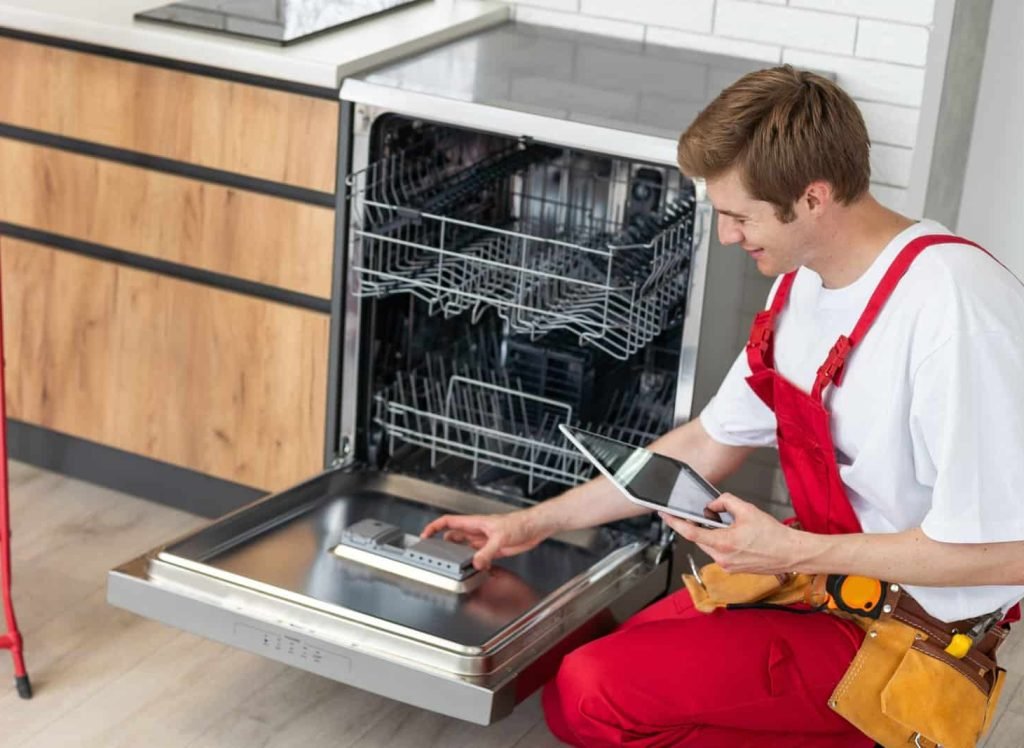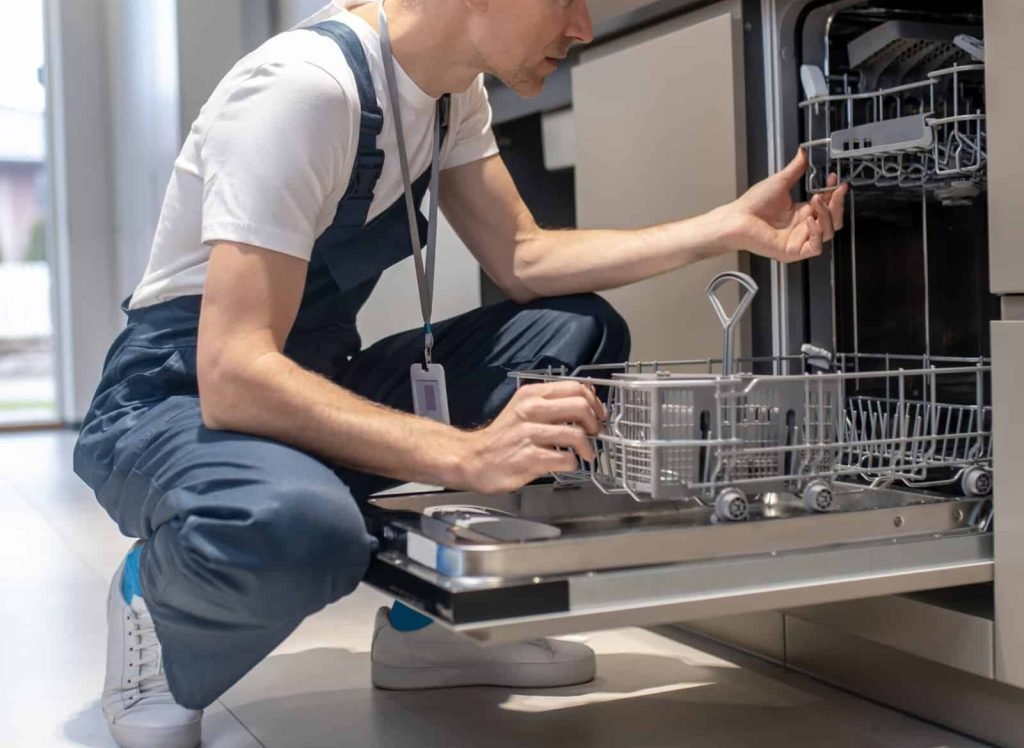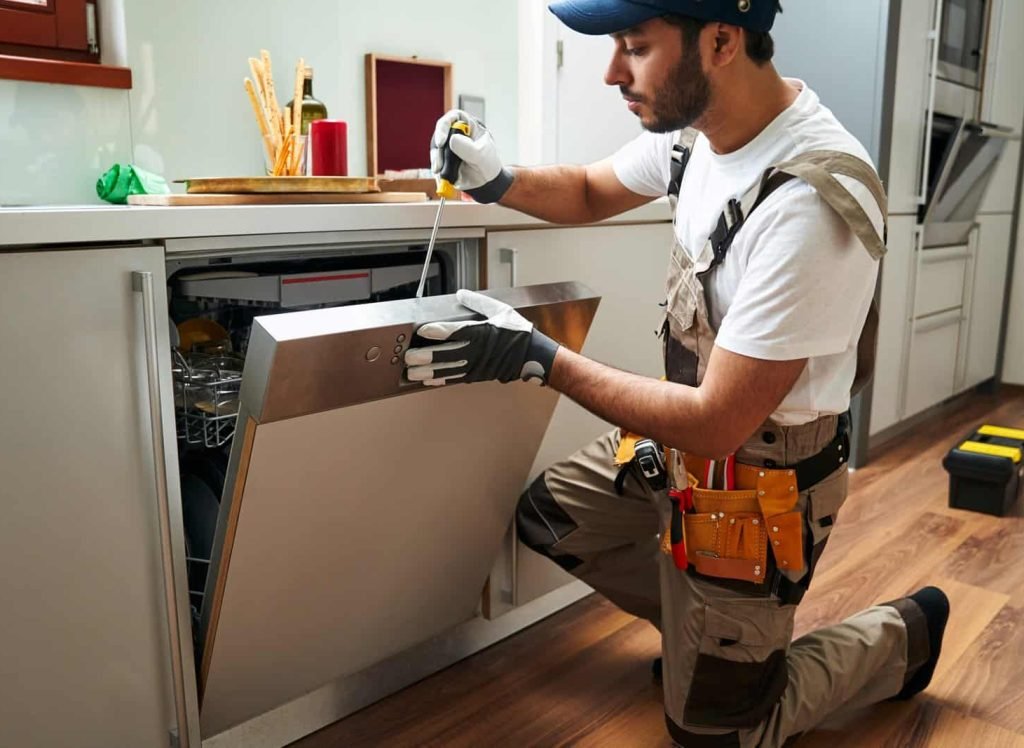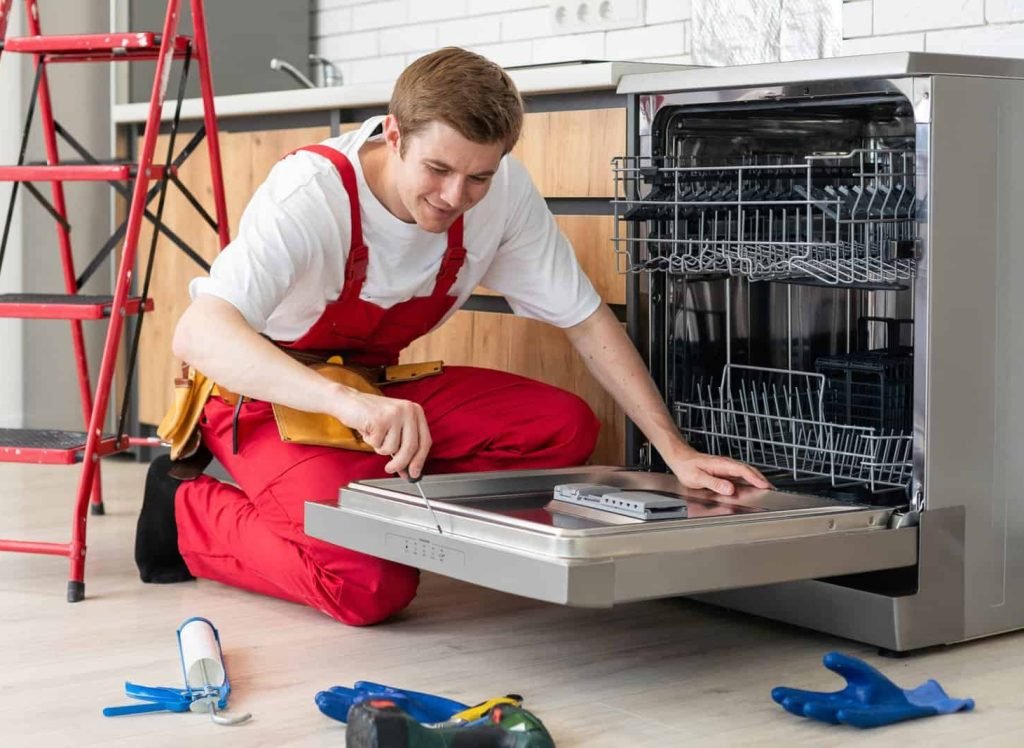Why Your Dishwasher Isn’t Cleaning Properly: Common Problems and Solutions
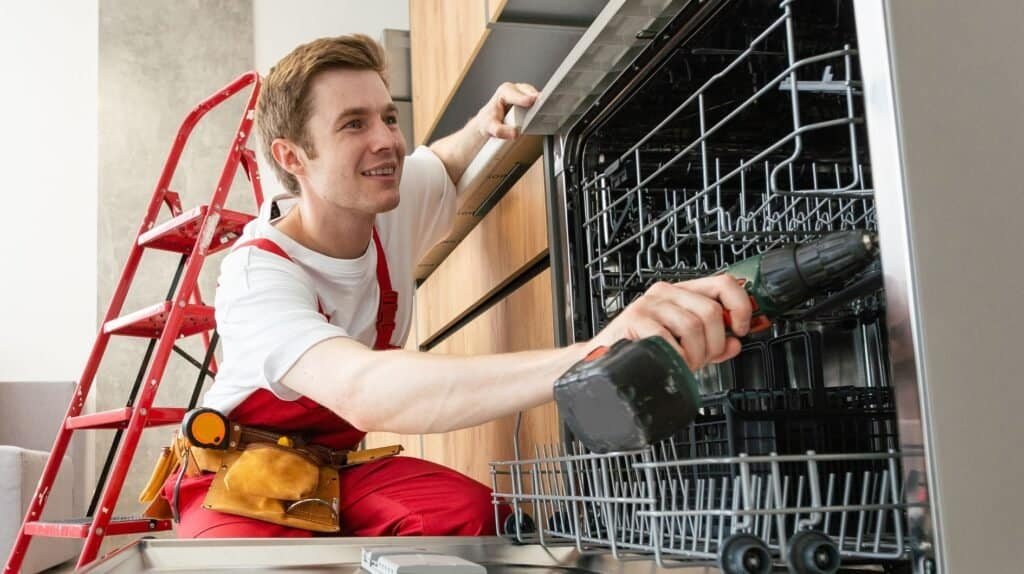
We’re not the only ones whose dishwasher isn’t cleaning dishes as well as it did before. Failing to get your dishwasher clean can be frustrating, but there are many common problems that are easy to address with a little troubleshooting. In this blog I will explain the reasons why your dishwasher may not be doing the job, and present some simple fixes to get it operating to optimal standards once more.
1. Clogged Spray Arms
Your dishwasher’s spray arms are the arms that spray the water onto your dishes in order for them to get cleaned. The small holes in the spray arms can build up over time with food particles, mineral deposits and grease and fill them.
It prevents water from flowing properly which means your dishes won’t get properly cleaned when this happens.
Solution: Get rid of the spray arms and check for clogs. Rinse the holes clean, using a toothpick or a small brush, and reattach.
2. Dirty or Faulty Filters
Unlike washers, dishwashers have filters to catch food debris when it first enters the dishwasher, so the food debris doesn’t get away from the first item washed and recirculate onto the next item. A dirty or clogged filter can affect the dishwasher’s efficiency, so dosh’ll wash your dishes poorly.
Solution: The filter can be cleaned (at least once per month) by removing it from the bottom of the dishwasher and rinsing it in warm water. If it’s beyond services of replacement, then consider replacing the filter if in a damaged or worn form.
3. Improper Loading
There’s nothing wrong with thinking the way to load up a dishwasher holds true for every dish, but if the dishes are loaded improperly, they could block the spray arms or prevent the water from reaching all of the dishes. Things like big pots, bowls and even cutting boards can get in the way of water, leaving spots or bits of stuck on food to dishes.
Solution: So think about how you load your dishwasher. Place any larger items on either the sides or the back of the lower rack, and be sure sprout arms can spin freely without obstruction.
4. Low Water Temperature
Sometimes, if your dishwasher water isn’t hot enough, it can’t break down grease or thoroughly clean dishes because it just isn’t hot enough. For best performance, water temperature should be about 120°F (49°C).
Solution: Run some hot water from the kitchen faucet, and with a thermometer check the water temperature. If it’s below, adjust your water heater or running the dishwasher in a hot cycle will help bring your water to the right temperature.
5. Faulty Heating Element
Your dishwasher has a heating element to keep your water hot in the cycle for drying and cleaning purposes. It could fail, in other words, and if the element fails, the dishes may come out wet or dirty.
Solution: Next, check the heating element for continuity with a multimeter. If it is faulty, it may need replacing to bring your dishwasher back to it’s best.
6. Using the Wrong Detergent
There is not a one size fits all when it comes to dishwashing detergents. The wrong type of detergent can prevent cleaning, using too much or too little.
Solution: If you use a dishwasher, use a detergent made for dishwashers, and follow the manufacturer’s recommended dosage. If you’re not happy with the results, switch to a higher quality detergent.
It is convenient to have a dishwasher, but once it starts malfunctioning, it’s a hassle. With a basic grasp of what usually causes poor dishwasher cleaning performance, following these simple solutions will have your dishwasher running like a dream in no time and your dishes coming out clean and shiny each and every time.


